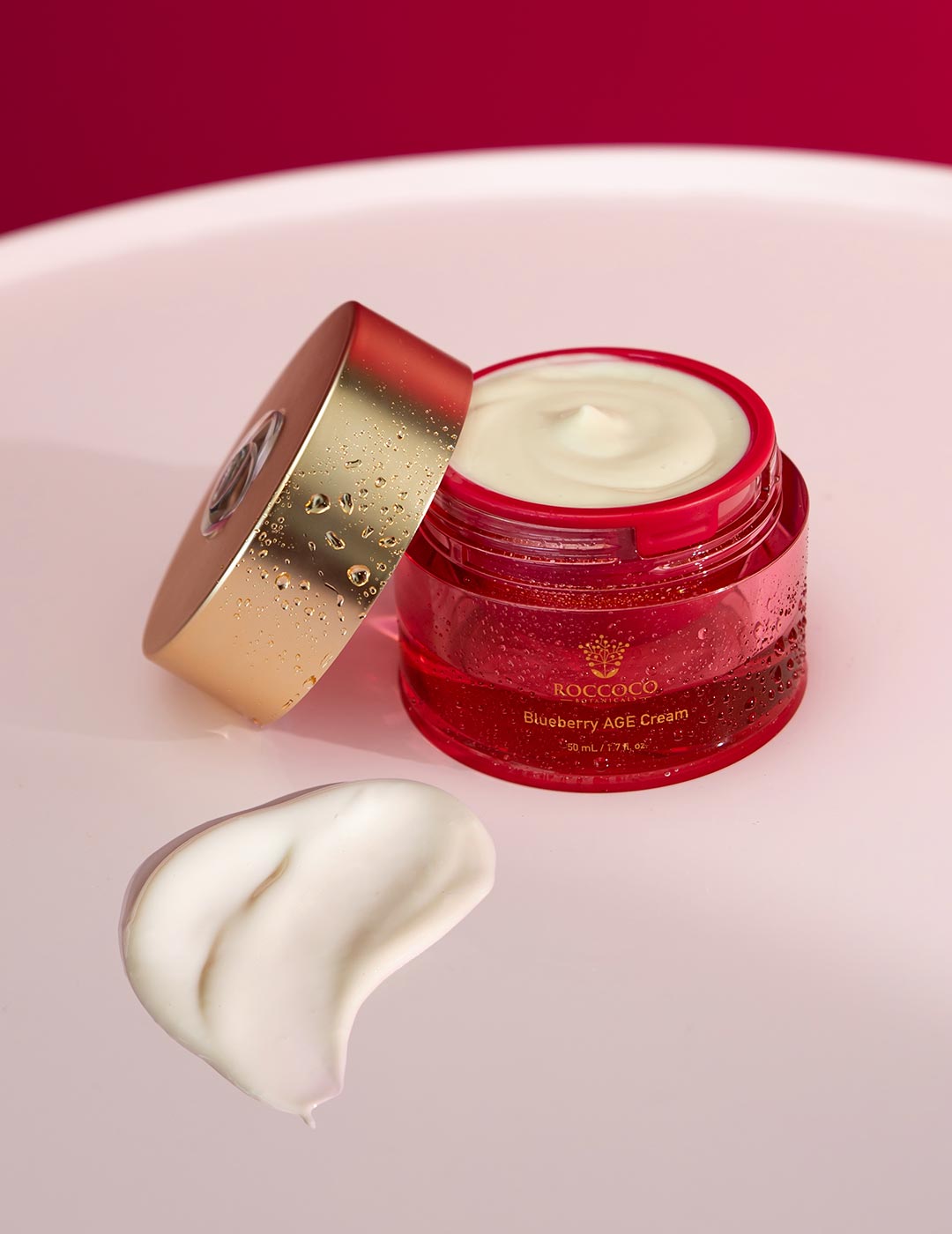Ever looked in the mirror and noticed those pesky dimples on your thighs or buttocks? That's cellulite for you. While often associated with weight gain, did you know that menopause can also play a role in its appearance? Let's delve deeper into this topic.
What is Cellulite?
Definition and Description
Cellulite refers to the lumpy, dimpled flesh on the thighs, hips, buttocks, and abdomen. Think of it as a cottage cheese appearance on your skin. Sounds appetizing, right?
Causes and Contributing Factors
It arises when fat pushes against connective tissue, leading to the skin above puckering. While many associate it with being overweight, even thin individuals can have cellulite. Factors such as genetics, aging, and hormones play crucial roles.
Menopause Defined
The Menopausal Transition
Menopause is a natural part of aging, marking the end of a woman's reproductive years. Typically occurring between ages 45-55, it's diagnosed after 12 consecutive months without a menstrual period.
Hormonal Changes
The menopausal transition isn't just hot flashes and mood swings. It brings about a decrease in hormones, primarily estrogen, which has significant implications for the skin.
How Menopause Affects the Skin
Decreased Estrogen Levels
During menopause, a low estrogen concentration is responsible for increased vascular permeability and decreased vascular tone, which lead to microcirculation impairment and are important factors predisposing to the development of cellulite. The effects of estrogen deficiency on the skin connective tissue include a decreased production and topical content of both type I and III collagen and elastin fibers, which also contributes to cellulite.
Skin Thinning and Reduced Elasticity
The skin becomes more vulnerable to wrinkling and sagging, and yes, the development of cellulite.

Why Cellulite Appears More During Menopause
Hormonal Imbalances
Hormonal fluctuations in menopause can disrupt the body's ability to produce collagen, making the skin less elastic and more prone to cellulite.
Weight Gain Patterns
As metabolism slows, many women experience weight gain during menopause. Increased fat deposits, especially in the thighs and buttocks, make cellulite more apparent.
Changes in Fat Distribution
With reduced estrogen, fat distribution shifts. Rather than settling on the hips, it accumulates around the abdomen, making cellulite more noticeable.
Impact of Lifestyle Factors
Diet and Nutrition
A balanced diet rich in antioxidants can help improve skin elasticity. Ever heard the saying, "You are what you eat?" It's especially true during menopause.
Exercise and Physical Activity
Regular exercise boosts blood circulation and reduces fat deposits, minimizing cellulite appearance. Ever tried squats? They're a cellulite's nemesis.
Stress and Sleep Patterns
Stress can lead to weight gain, and inadequate sleep can disrupt hormonal balance. Both can contribute to increased cellulite.

Prevention and Management
Healthy Living Tips
Stay hydrated, maintain a balanced diet, and keep active. Simple, right?
Topical Treatments
There are creams and lotions marketed for cellulite reduction. Frangipani and Lychee Body Creme is a highly targeted cream for the reduction in the appearance of celllulite.
Psychological Effects of Cellulite During Menopause
It's not just about the appearance. Cellulite can affect self-esteem and body image, especially during an already challenging time like menopause.
Conclusion
Cellulite in menopause is a natural occurrence influenced by hormonal, genetic, and lifestyle factors. While it's a common concern, remember, you're not alone. Armed with knowledge and proactive measures, you can reduce its appearance and embrace the menopausal transition confidently.
FAQs
-
Does everyone get cellulite during menopause?
No, but many women do experience an increase due to hormonal and lifestyle changes. -
Are there natural remedies to reduce cellulite?
Hydration, a balanced diet, and regular exercise can help in its management. -
Does weight loss eliminate cellulite?
Weight loss can reduce its appearance, but cellulite might not disappear entirely. -
Are medical procedures for cellulite safe during menopause?
Most are safe, but always consult a dermatologist before undergoing any treatment. -
Can men get cellulite during their equivalent of the menopausal transition?
While men can have cellulite, its appearance is less common and not directly linked to their age-related hormonal changes.
Read more

In the bustling urban environment, your skin is constantly battling invisible enemies. From the harmful particulates present in pollution to the relentless exposure to blue light from our screens, ...

Discover the secret to achieving radiant and youthful skin with the help of nature's little powerhouse – blueberries. Packed with antioxidants and bursting with vitamins, these tiny blue fruits off...



